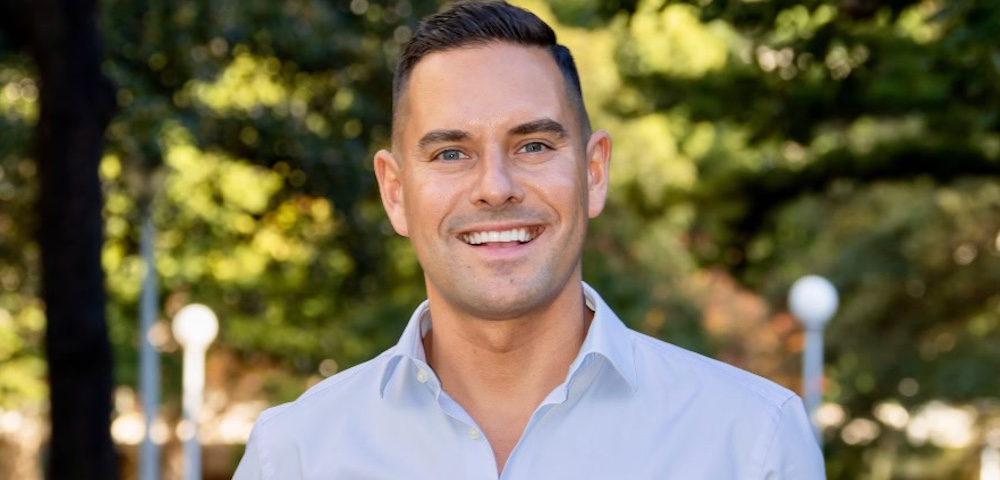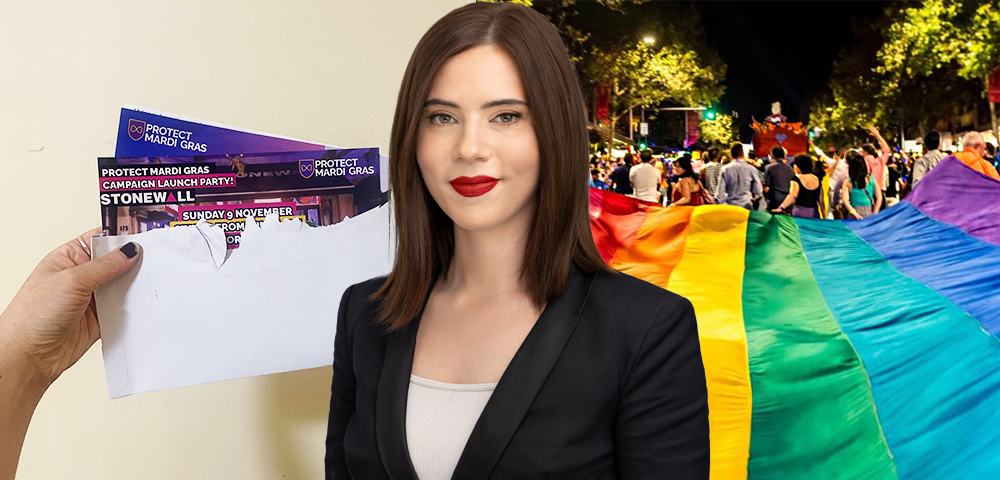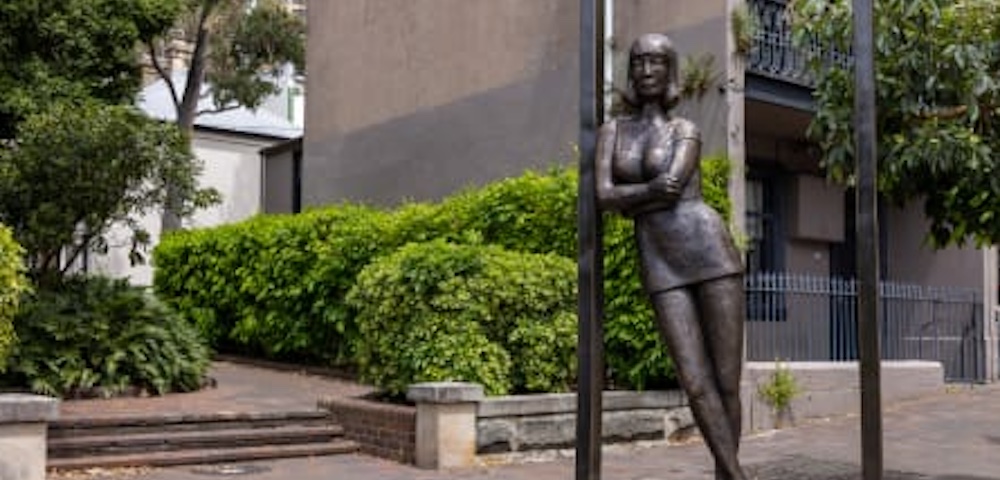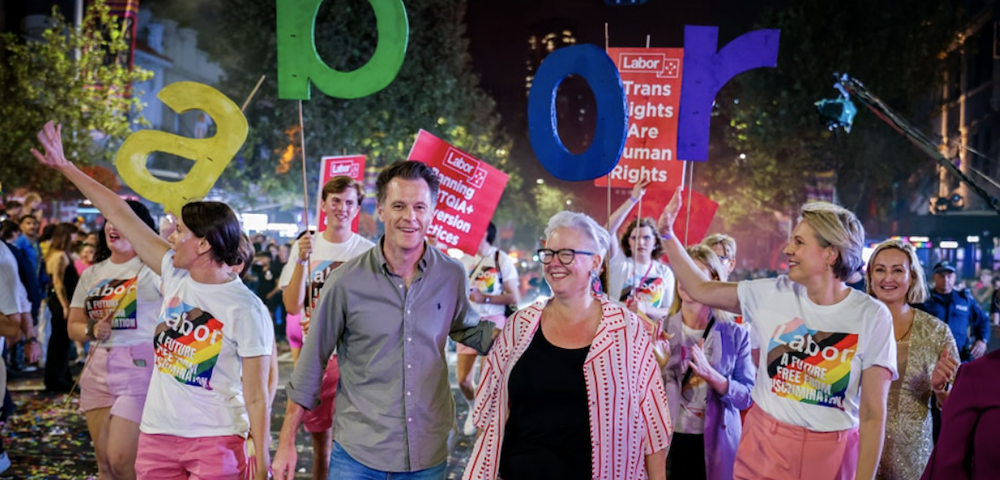
Sydney Festival week two
It has been my opinion for some time that there should be a moratorium on certain plays written by William Shakespeare. Like chewing gum stuck on the bedpost overnight, plays such as Hamlet, Macbeth and Romeo And Juliet have been sucked of flavour and left dry in the stale air of theatrical exhaustion. One more Hamlet as an angry young man in a white T-shirt, one more vampy Lady Macbeth in high heels and another cross-cultural clash between some hip and rejigged Montagues and Capulets, and I swear I will take arms against a sea of troubles and run screaming from the theatre.
La Fura dels Baus is a Spanish theatre group that formed in 1979 and has toured the world with performances that are notorious for physically confronting audiences. Expectations were high at ?S:Macbeth that La Fura dels Baus’s toil would be worth my trouble.
Kiss my grits, it was.
The lights went out and instructions were projected onto screens, which had been constructed on enormous moveable platforms. During the performance these structures, along with everything else, would charge through the space, sweeping audience members aside in a wake of giggles and cries. We were instructed to wear the 3D glasses we were given to experience the total theatrical effect, but also for our own safety. We were told not to form groups, and that reality is relative. We were also told that in an emergency, the actors and machinery would leave first.
Within five minutes, an acquaintance had been hit in the leg by a piece of set being shoved through the crowd. He was in pain and annoyed and the possibility emerged that however contrived the theatrical conceit before us, we really could get hurt. Consequently, there was little time spent on sympathy for the fallen. There was too much going on -“ it was difficult to relax and a little dangerous to lose concentration. Forming groups became impossible, let alone staying in sight of one’s companion.
Shakespeare purists will hate it, because his words have been almost totally discarded. The production itself does not even tell the story of Macbeth in a coherent manner -“ as the five-act play is stripped to the equivalent of a child’s 12-piece jigsaw puzzle. The puzzle may be simple, but the pieces are dripping in attitude, bags of fake blood and spunk (quite literally).
In a play in which we’d seen it all before, the company simply took key images and scenes one step further. We’ve seen Lady Macbeth agonise over her bloodstained hands, so why not have her struggle to cleanse herself in a bathtub of blood? Why have Duncan stabbed in his sleep, when his heart and organs can be ripped out and eaten by the entire cast (including Duncan)? Yes, Lady Macbeth appears as a pole dancer, but with her routine performed with footage of spiralling and hypnotic labia(!), it probably hits the mark when it comes to her source of power. In Shakespeare’s text, she begs the gods to rip away her femininity so that she can commit murder. In ?S, she uses her femininity as a weapon in itself -“ and gets (orally) rewarded for her efforts, with King Duncan on his knees before her.
The language of Shakespeare will always be potent, thick, dense and breathtaking. But the decision to retell the work as if it were a broader myth works beautifully. ?S: Macbeth is never dull nor predictable -“ not for a second.
The concept behind the Australian Theatre for Young People (ATYP) production Kinderspiel is also courageous and risky, but on a different level. The original idea was to create a co-production between ATYP and carrousel Theater an der Parkaue of Berlin, based on the stories of teenagers from opposite sides of the globe that were contributed via the internet. Differences and points of connection could then be explored, as the predictable (though thoroughly acceptable) angst of a youth theatre company looks outwards.
The risks were real and sadly the results are less satisfying than expected. Kinderspiel is at times riveting and revealing -“ but almost in spite of itself. The key problem is not that the German and English plays that make up the whole seem to have been created in different worlds, but that the differences in style and content are jarring and seem to reflect conflicting goals.
On the Australian side, the company enthusiastically throws itself into a series of vignettes about life at school, including the requisite annoying teachers, crazy parties and puppy love. A degree of heightened sincerity and moral seriousness is to be expected in any youth theatre production and this is no exception. To the credit of the cast and writer Tommy Murphy, there are also moments of pointed social commentary and genuine fun. In one particularly memorable scene, the school bus becomes a metaphor for the world, in which the Australian schoolchildren dismiss kids from different schools as funny looking. They also refuse to allow anyone to sit near them, as visions of the Tampa come flooding back. In an especially nice touch, Australia is situated at the back of the bus (read arse end), with a roomy spread of six seats -“ more space than the students need of course (it’s a big country), and with even less desire to share it. The current antagonism towards refugees has never looked so mean-spirited.
On the German side, the focus is less about the teenagers themselves, than the social forces that have shaped Germany over the last 15 years. Written by co-director Manuel Sch?, the play actually tells the story of a schoolteacher Hannah, who flashes back to when she was a teenager and moved from East to West Germany. The young German cast play supporting roles in her story, a mostly involving drama in which the West doesn’t necessarily prove to be as utopic as she’d hoped.
In comparison with the German contribution, Australia seems a little self-obsessed, complacent and very much the lucky country. The German story is clearly much more dramatic, with the collapse of walls economic, political and concrete, and yet this is not necessarily the focus of the young people on stage. Hannah initially reprimands her history students for their indifference -“ she wants to know what touches them -“ and then proceeds to tell her own story. Her question is never answered, so the young German cast members’ loves, hates and passions remain as mysterious as a world hidden behind an enormous, concrete wall. A pity, but nevertheless David Berthold is to be congratulated for broadening the scope of the company, and encouraging his company to talk to some of the other kids on the bus.
Finally, Same, same But Different premiered on Tuesday night, the first performance of dancer, choreographer and director Kate Champion’s new company Force Majeure. The work is at times magical and intensely moving, as Champion’s unique blend of film, dance and text push the work forward in a way that is frequently rich and clear. There is a sense, however, that the work is still in its developmental stages, despite the many joys of the production. Brought into clear relief whenever international festivals are held in Australia is the fact that many of our artists are not granted the extra months of development necessary to push their work to new levels. Speaking at the opening night drinks after the show, Champion thanked festival director Brett Sheehy for his courage and commitment in commissioning the work and profiling it alongside the other major international events. Sheehy’s boldness was rewarded and I look forward to the further development of Force Majeure.









